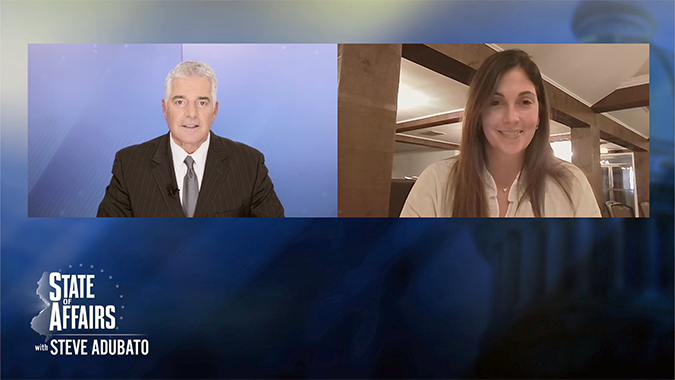Pension and healthcare costs are among the biggest cost drivers of state and local budgets, so it makes sense that attention focused on those two areas when Senate President Stephen Sweeney unveiled his Path to Progress reforms on Thursday.
But the plan covers a wide-range of costs that have been driving up state and local taxes for decades as well as some proposed changes to the state’s tax structure that would help businesses cope with federal tax reform changes.
In all, 27 bills were introduced. Here’s a look at some of the provisions beyond health and pension costs.
Taxes
S-3246/A-4807 would allow businesses that usually pay gross income taxes instead of corporate taxes to still claim the full deduction for state and local taxes (SALT deduction) on their federal returns. Federal tax reform capped those deductions at $10,000 for last year, which impacted a lot of filers in high tax states like New Jersey.
Under the bill, a business could opt to pay the pass-through tax in a tax year and receive refundable gross income tax credit that is available to taxpayers who are members of the pass-through business, irrespective of whether the taxpayer is a natural person, business entity, or estate or trust.
S-2179/A-307 would allow taxpayers to deduct contributions made during the taxable year to a qualified New Jersey-based charitable organization. The bill provides that the amount of the deduction is limited to the amount allowable as a deduction from federal adjusted gross income.
Less Government
S-3755 would require the consolidation of all non-K through 12 school districts into all-purpose regional school districts. Within the first three months, districts would develop their own consolidation plans. Any districts without a plan would have a plan developed for them by the executive county superintendent.
Unused Sick Leave Payouts
S-2578/A-1851 would cap payments for unused sick leave at $7,500 and would grandfather sick leave earned prior to the effective date. NJ Spotlight reported in 2017 that New Jersey towns and schools faced potentially $1.9 billion in payouts for unused sick leave.
Shared Services
S-3764 would require counties to appoint shared service coordinators to facilitate shared service agreements between local governments and the county itself.
S-1 would encourage sharing of services by modifying the "Uniform Shared Services and Consolidation Act," to encourage shared service agreements and joint contracts. Some modifications include civil service relief for shared service agreements.



